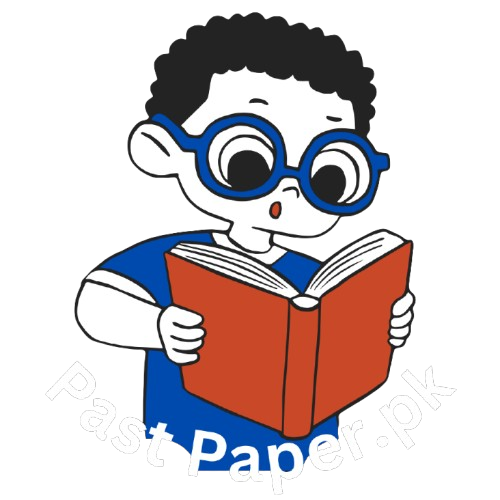CSS Journalism & Mass Communication Past Paper 2014
| CSS Journalism & Mass Communication Past Paper 2013 | CSS Journalism & Mass Communication Past Paper 2014 |
PART-II (Subjective) 80 Marks
Attempt ONLY FOUR Questions from PART-II selecting TWO questions from EACH
SECTION. (20×4)
PART-II
SECTION-I
Q.2 Do you think that the internet is flattening the cultural differences and synching distinct cultures on some common grounds? Discuss critically.
Q.3 Media do not tell you what to think, but what to think about. This premise signifies the role of media as an agenda setter. However, recent research on agenda setting explores the media’s role in framing the most salient aspect(s) of an issue, and lets people think not only about the issue but also affects the thinking process of the viewers. Discuss and distinguish between the agenda-setting and framing (as a secondary-level agenda-setting) theories.
Q.4 Media seem to have a limited role in developing people’s political attitudes; rather, an individual’s attitude and behaviour are greatly shaped by the group(s) they are associated with. Discuss the phrase in the light of groups and communication dynamics.
Q.5 It is not the socio-economic strata (SES) of the people that create the knowledge gap in a social system as advocated by the relatively old Knowledge Gap theory, but the Digital Divide, which creates information-rich and information-poor groups in a society. Critically discuss the two by making a clear distinction between them.
SECTION-II
Q.6 Media and media practitioners are naïve and are unable to understand the complexity of social and political problems of a country. Hence, they need to be governed, and their affairs should essentially be regulated. Don’t you think this premise is against the canons of freedom of expression? Discuss.
Q.7 In the 2013 elections, social media were used as a vehicle for political advertising by the leading political parties of Pakistan. Do you think that social media had considerable effects on the election results? Support your answer with concrete examples.
Q.8 Write short NOTES on the following topics:
(a) Non-verbal communication
(b) Meta-communication
(c) Press note vs. press communiqué
(d) The News Corporation
